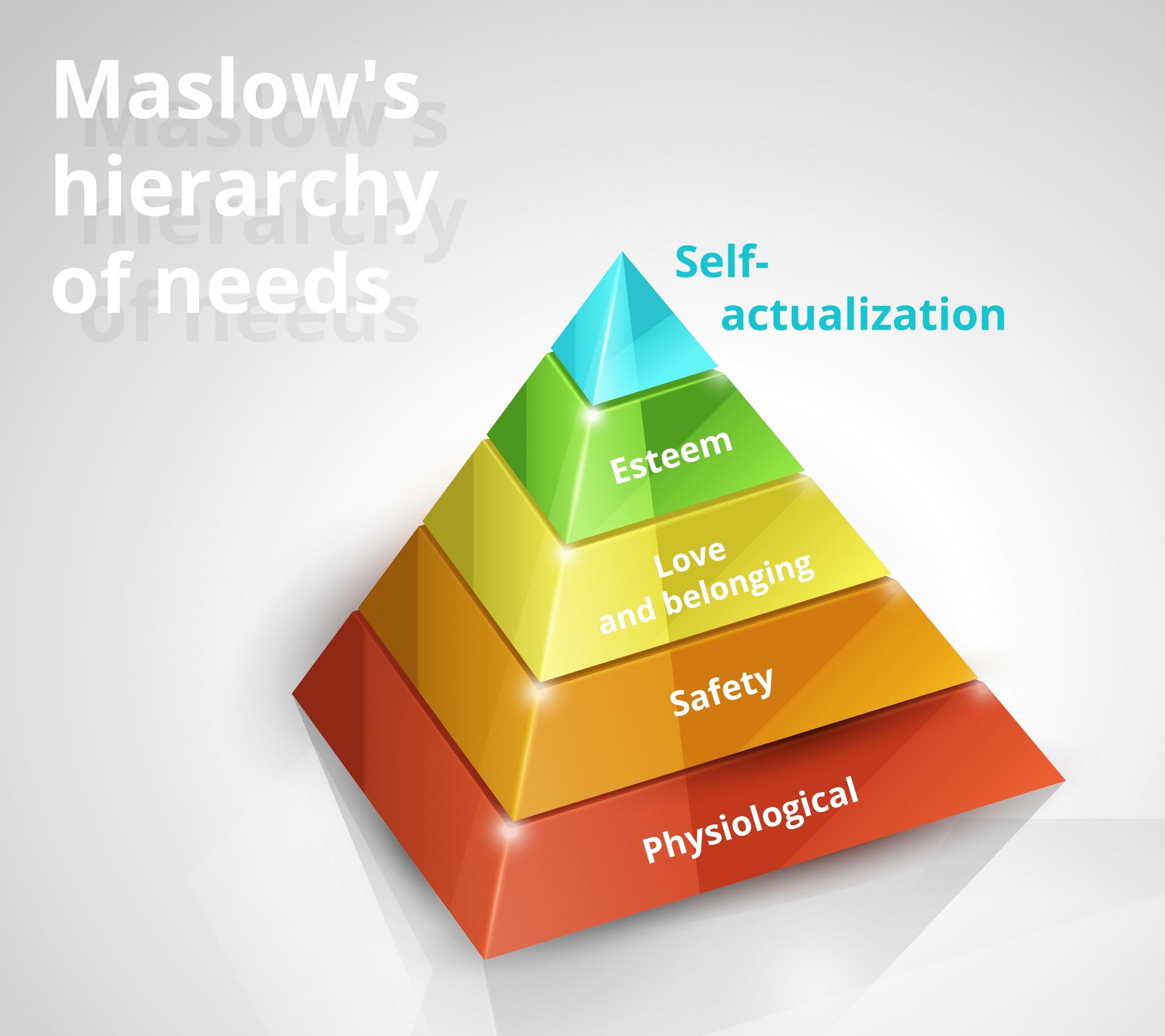In ancient Greece, the foundations of Western psychology were established during the fourth and fifth centuries BCE. At this time, philosophers proposed that people's actions were influenced by themselves rather than being controlled by supernatural powers or gods. Before this, the prevailing belief in pre-destiny discouraged discussions about the reasons behind human behaviours.
It's fascinating to have an overview of psychology and think about how psychology came to be and how it's evolved into what we know today. One key idea that marked the beginning of modern psychology was the belief that we have the power to choose our paths in life, even if the gods might have some influence. This allowed people to start exploring what motivates us to make decisions and what kinds of choices we should make.
Philosophers and early ethicists were curious about the motivations behind human actions. While Aristotle is commonly credited as one of the pioneers in exploring these questions beyond the realms of natural sciences such as physics and basic biology, his predecessors, Plato and Socrates, had already begun delving into similar inquiries. In the 17th century CE, the French philosopher René Descartes introduced the concept of "dualism," which proposed that the mind and body were distinct substances that collaborated to shape our perception of reality.
Although psychology has a relatively short history compared to other academic subjects, it has evolved rapidly since the late 1800s. Over the years, many psychologists have significantly impacted how we understand mental health and practice psychology today. While psychologists continue to study, test, and enhance their knowledge, they often draw inspiration from theories and therapeutic approaches developed centuries ago.
Exploring the lives and contributions of these famous psychologists from the past can provide valuable insights into the workings of psychology today. Before that, let's briefly examine what a psychologist does.

Understanding the Role of a Psychologist
Practising psychologists possess the necessary expertise and clinical abilities to assist individuals in effectively dealing with specific circumstances. Certain psychologists focus on enhancing our comprehension of how biology affects our behaviour through extensive scientific research. In contrast, others concentrate on aiding diverse individuals by addressing various problems such as depression, anxiety, stress management, and addiction recovery. Due to the wide range of disciplines within psychology, the question of "What does a psychologist do?" does not have a straightforward answer, as their responsibilities differ significantly based on their specific area of practice.
However, many psychologists may participate in various activities, including conducting scientific research to understand better the brain and its impact on cognition, behaviour, and emotions. They also conduct research studies using methods such as observations, interviews, and surveys to identify patterns that could aid in predicting future behaviour. Additionally, psychologists raise awareness of psychological issues and develop programs to address them in settings such as schools and workplaces. They also work with patients, including families, couples, and individuals, to help them achieve desired behavioural changes through evidence-based treatment plans. Finally, psychologists diagnose psychological disorders and collaborate with clinicians to implement psychological treatment plans.
Sigmund Freud
Sigmund Freud, widely regarded as one of the most renowned clinical psychologists in history, made significant contributions to psychology by formulating revolutionary theories about the human mind. Many people know him as the creator of "psychoanalysis," a theory that explains human behaviour and helps people with mental disorders. Freud's groundbreaking work established him as the founding figure of psychoanalysis, profoundly impacting the understanding and treatment of psychological conditions.
Much of his work revolved around understanding the aspects of ourselves that remain unspoken or concealed from others. Specifically, he focused on the unconscious mind, its intricacies, and how it shapes our personalities from childhood to adulthood. Sigmund Freud's contributions to psychology have had a profound impact, with many of his terms and concepts becoming deeply ingrained in the vocabulary of Western society. Words such as repression, cathartic, and neurotic, introduced through his theories, have now become commonplace in our everyday conversations.

B.F. Skinner
B.F. Skinner, a highly influential psychologist in the 20th century, is renowned for his impact on behaviourism. He coined the term "radical behaviourism" to describe his philosophy, in which he dismissed the notion of free will as merely an illusion, contending that all human actions were a direct result of conditioning. The concepts and principles of behavioural psychology and operant conditioning, popularized by Skinner, were built upon the earlier work of John Watson and Edward Thorndike.
Skinner's research led him to differentiate between two types of behaviours: respondent behaviours and operant behaviours. Respondent behaviours are automatic and reflexive, such as instinctively pulling one's hand away from a flame. On the other hand, operant behaviours are within our conscious control and can occur spontaneously or deliberately.
His contributions made positive and negative reinforcement familiar to the general public, and he developed the Skinner box to study operant conditioning in animals. While behaviourism has waned in popularity since then, operant conditioning still has a pervasive influence, evident in parenting practices and workplace incentive systems.

Carl Jung
Jung, a Swiss psychiatrist and psychoanalyst, founded analytical psychology, significantly impacting various fields, including psychiatry, anthropology, literature, and religious studies. He formed a close relationship with Sigmund Freud, the founder of psychoanalysis, and their collaboration significantly contributed to their shared vision of human psychology.
However, their friendship was strained due to Jung's unique research and personal beliefs, leading to their separation and the establishment of Jung's analytical psychology as a distinct system. Jung's concept of individuation, the process of self-differentiation, was a central idea in his work. He also developed influential ideas such as synchronicity, the collective unconscious, extraversion, and introversion. Additionally, Jung was a talented artist, craftsman, and writer, with many of his works remaining unpublished until after his death.
Jean Piaget
A prominent Swiss psychologist, Piaget is widely recognized for his influential theory on children's cognitive development. His theory challenged the prevailing belief that children's thinking processes were similar to those of adults. Before Piaget, there was no clear distinction between the mental abilities of children and adults in the field of psychology, as children were often perceived as miniature versions of adults.
Piaget strongly advocated for the idea that children actively construct their understanding of the world through their interactions with the environment. He emphasized the crucial role of hands-on experiences and exploration in learning. Piaget's theory also introduced the concept of genetic epistemology, which focuses on investigating the origins and development of knowledge in individuals.
In 1955, Piaget established the International Center for Genetic Epistemology to further his research and studies in this area. His groundbreaking work has had a profound impact on the fields of child psychology and education, significantly shaping our understanding of how children learn and develop cognitively.
Erik Erikson
Erikson, a developmental psychologist of German-American descent, is best known for his revolutionary theory on the development of individuals' psychosocial aspects. In this theory, he established eight distinct stages of development that encompass a person's entire lifespan. Each step presents unique challenges that must be faced in a predetermined sequence for personality formation.
Erikson is also credited with coining the term "identity crisis," which refers to a period of deep self-reflection to establish a clear and defined identity. Erikson is classified as one of the ego psychologists, a group of psychologists who emerged after Freud. These psychologists focused on studying the role of the ego and the development of our sense of identity. They explored questions such as why we form connections and identify with certain individuals or groups while not doing so with others. They analyzed the advantages and disadvantages of such behaviour. His contributions have significantly impacted the fields of developmental psychology and psychotherapy.
Abraham Maslow
Abraham Maslow, a prominent figure in Humanistic psychology, is most renowned for developing the theory of human motivation called Maslow's Hierarchy of Needs. In contrast to the beliefs of Watson and Skinner, he strongly opposed their behaviourist ideologies. Initially, Maslow aligned with behaviourism during his earlier years, but in the 1960s, he underwent a transformation and embraced humanistic psychology. His most famous concept, the Maslow Pyramid, presents a structured framework illustrating that individuals possess a hierarchy of needs. It suggests that higher-level needs cannot be pursued or accomplished if the fundamental lower-level needs have not been satisfied.

Maslow, who held positions as a psychology professor at several prestigious universities, including Brandeis University, Brooklyn College, New School for Social Research, and Columbia University, emphasized the significance of highlighting the positive attributes of individuals rather than regarding them solely based on their symptoms. According to a survey by A Review of General Psychology 2002, Maslow was recognized as the tenth most frequently referenced psychologist during the 20th century.
William James
William James is recognized as the progenitor of American psychology. He established the initial psychology department at Harvard University and pioneered the country's first experimental psychology laboratory. By teaching the inaugural psychology course in the nation, he earned the moniker 'father of American psychology'. James also authored 'The Principles of Psychology', released in 1890. He significantly contributed to practical psychology, emphasizing the real-life outcomes of beliefs and ideas. James also introduced the notion of the 'stream of consciousness', acknowledging the dynamic nature of human consciousness. His work remains influential in comprehending the mind and human experience.
Did the well-known psychologists and their famous theories and experiments ignite your interest in studying psychology? While numerous resources and psychology courses are available in Malaysia that can assist in exploring psychology, some students may struggle with certain concepts and require assistance understanding them.
A private tutor can provide the necessary guidance in this regard. Enlisting the help of a private tutor can facilitate your journey towards becoming a psychologist, but the question remains - where can you find a reliable one? The answer to this query lies in Superprof, an international online education platform. On our website, you can browse the profiles of numerous tutors from all over Malaysia, peruse information about their online courses, and directly communicate with them via the platform for any additional information.
What are you waiting for? Find a psychology tutor to help you achieve your goals today with Superprof!
Summarise with AI:















